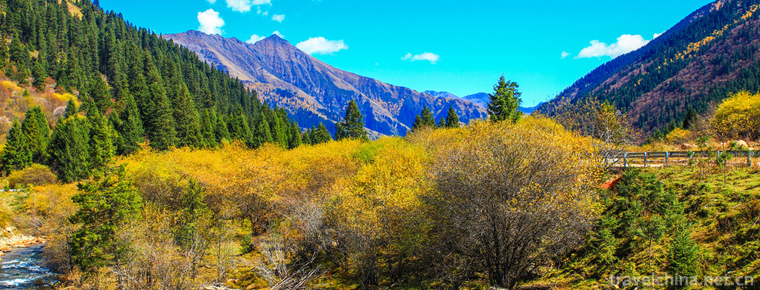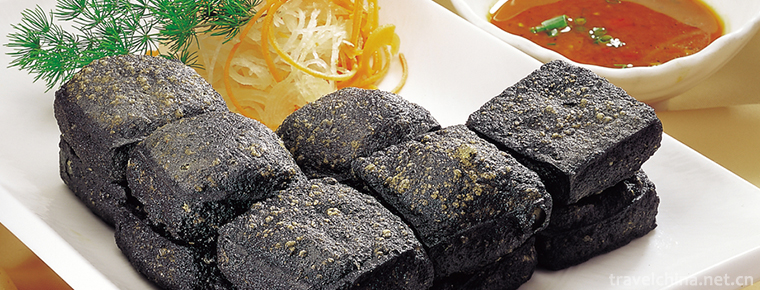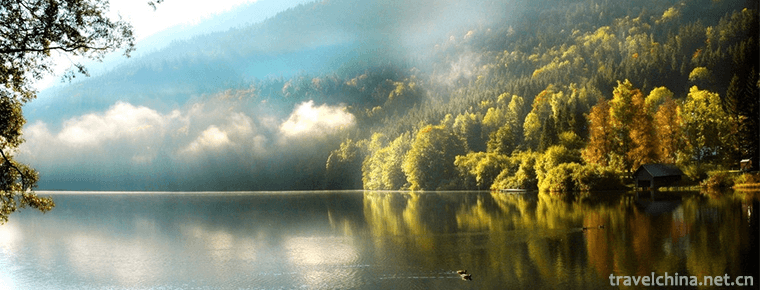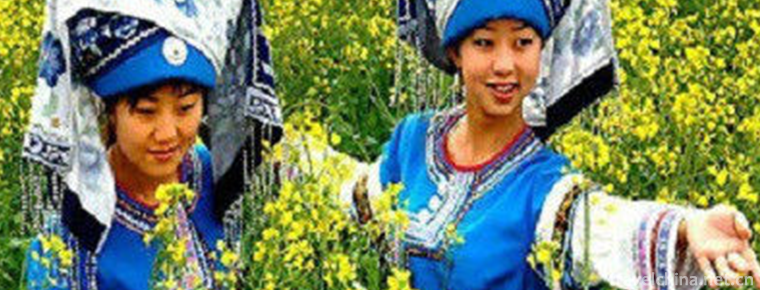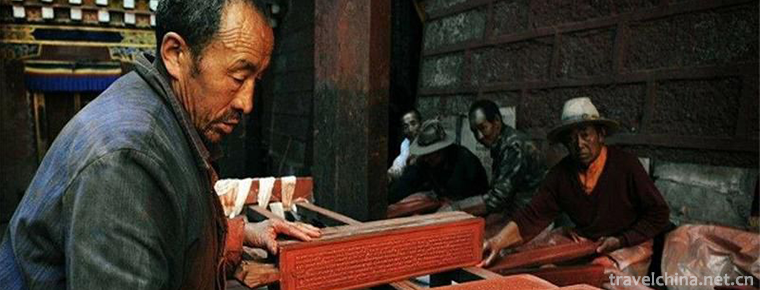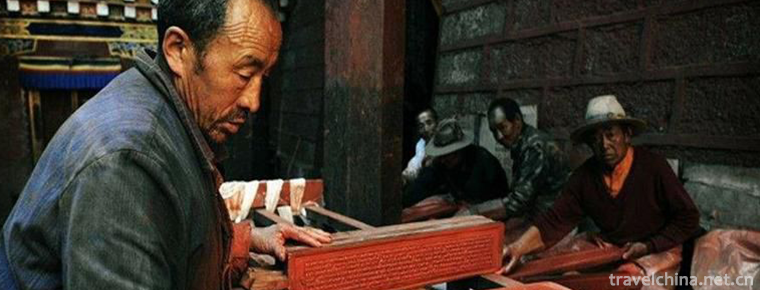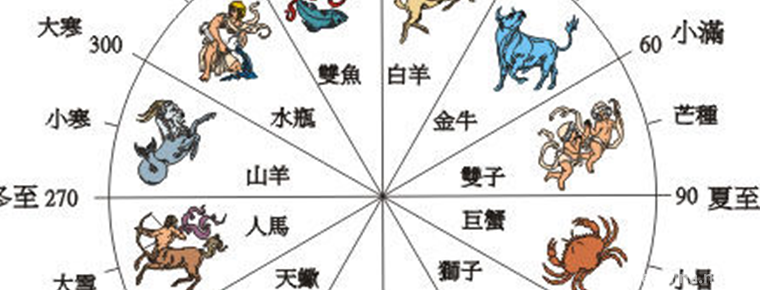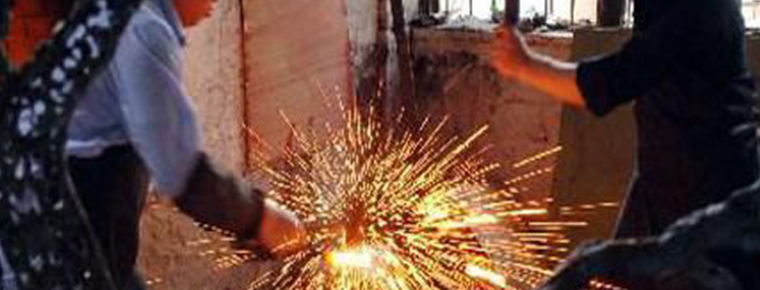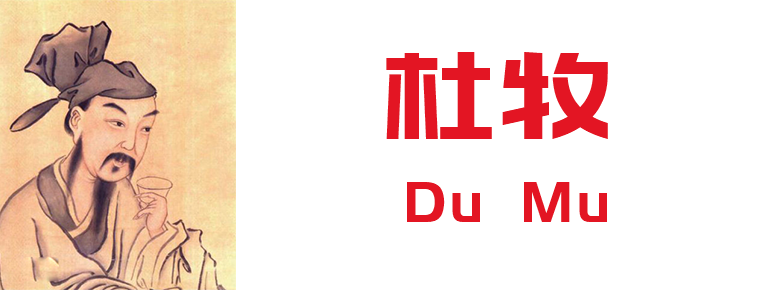Munaozaiwa
Munaozaiwa
Mu Nao Zhaiwa is a living history of Jingpo people's word-of-mouth. It is also a literary masterpiece of poetry style that has been passed down and inherited from generation to generation.
In May 2011, Munaozaiwa declared by Dehong Dai Jingpo Autonomous Prefecture of Yunnan Province was listed in the third batch of national intangible cultural heritage list with the approval of the State Council.
historical origin
Historically, Jingpo people have no written language. Their history of survival and reproduction in the long history is mainly handed down orally. The epic "Munao Zhaiwa" is not only a precious historical material preserved by Zhaiwa people of all dynasties, but also a thread of ancient history of Jingpo people can be explored from it.
artistic characteristics
Its rhythm and rhythm are neat, and its language is beautiful and neat. Historically, the Jingpo people had no written language. They multiplied and survived in the long history, mainly through oral transmission. The epic "Munao Zhaiwa" is not only a precious historical material preserved by Zhaiwa people of all dynasties, but also a thread of ancient history of Jingpo people can be explored from it.
Current situation of inheritance
Starting from the creation of heaven and earth, it records the development and evolution of Jingpo people from ancient times to modern times in the form of beautiful myths and stories. It can be roughly divided into seven parts: the formation of heaven and earth, the uniform of heaven and earth, the breeding of all human beings, the leveling of heaven and earth in Ningguan Duwa, the era of flooding, the marriage of dragon girls and clans in Ningguan Du, the vivid description of production and life, etc. There are five or six kinds of books of Munaozaiwa collected now, but they are only slightly different because of the differences between the regions where they are spread and the singers. In March 1982, by the renowned Zhaiwa (wizard) Gong Tuigan (also known as Shawanfu) of Jingpo Nationality, the inspector of the state government and the famous scholar of Jingpo Nationality, Li Qianqian used Jingpo Wen to arrange, and Yunnan Nationality Publishing House published a more complete book with more than ten thousand lines. Hou Li Qian translated it into Chinese with Shi Rui, a member of the 10th CPPCC National Committee, a professor of Jingpo nationality in Yunnan University for Nationalities, and Chen Hong, a poet of Jingpo nationality, published by Dehong National Publishing House.
Inheritance Significance
As a grand national festival of Jingpo nationality, Munao Longko is held every time with thousands of people coming to participate. People dance in circles, singing and laughing, and the atmosphere is warm and warm. In the dance, people forget the stumbling in the past year's life and pray for the new year with a happy and sacred mood. Jingpo compatriots are immersed in the sacred atmosphere of Zhaiwa reciting Munao Zhaiwa, feeling the difficulties of their ancestors'entrepreneurship, expressing their feelings of remembering their ancestors and gods, understanding their own national history, listening to the voices of history and so on. This activity can not only soothe people's soul in Zhaiwa's pious recitation, but also increase the feeling of friendship and mutual assistance between people, and enhance national pride and cohesion.

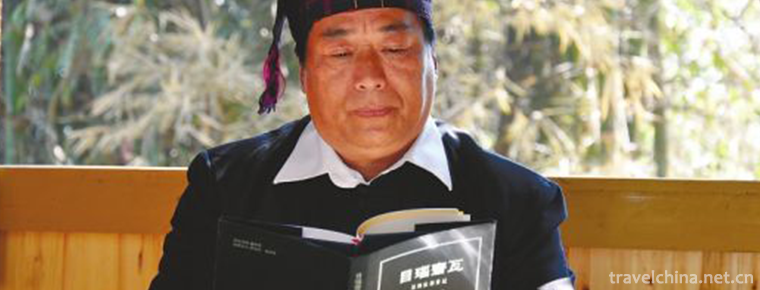
Munaozaiwa
-
Aba Tibetan and Qiang Autonomous Prefecture
abbreviated as Aba Prefecture, is a national autonomous prefecture in Sichuan Province
Views: 331 Time 2018-10-13 -
Huizhou stinky tofu
The common name of stinky tofu in Huizhou is "Big Dumb and stinky", which is a characteristic traditional snack in Huizhou, Anhui Province.
Views: 217 Time 2018-11-27 -
Mount Longhu Scenic Area
Located in Yingtan City, Jiangxi Province, the Longhu Mountain Scenic Area is 18 kilometers away from the city center. It consists of six scenic spots: Xianshuiyan, Longhu Mountain, Shangqing Palace
Views: 203 Time 2018-12-08 -
Wushan small Three Gorges
The Little Three Gorges, or the Little Three Gorges Tourist Scenic Spot, was named "Forty Best Tourist Resorts in China" in 1991, "National AAAA Tourist Scenic Spot" in November 20
Views: 158 Time 2018-12-12 -
Bouyei Pange
Bouyei Pange is a traditional folk song of the Bouyei nationality. It is a folk literary work created and sung in the original Bouyei language. Bouyei Pange is popular in Buyi villages
Views: 127 Time 2019-04-04 -
Tibetan Engraving and Printing Techniques
Tibetan engraving and printing skills of Dege Printing Institute, local traditional handicraft skills of Dege County, Sichuan Province, and one of the national intangible cultural heritages.
Views: 364 Time 2019-04-05 -
Tibetan Engraving and Printing Skills of Dege School of Printing
Tibetan engraving and printing skills of Dege Printing Institute, local traditional handicraft skills of Dege County, Sichuan Province, and one of the national intangible cultural heritages.
Views: 208 Time 2019-04-26 -
24 solar terms of the lunar calendar
Twenty-four solar terms is a supplementary calendar that absorbs the "twenty-four solar terms" of the Ganzhi calendar to guide agriculture. It is the accumulation of long-term experience and
Views: 180 Time 2019-06-08 -
Forging Skill of Iron Painting in Wuhu
Iron painting originated in the Song Dynasty and prevailed in the Northern Song Dynasty. During the reign of Kangxi in the Qing Dynasty, iron paintings in Wuhu, Anhui Province, became self-contained a
Views: 139 Time 2019-06-29 -
Peking Union Medical College
The Chinese Academy of Medical Sciences was established in 1956. Peking Union Medical College was founded in 1917. Since 1957, the Chinese Academy of Medical Sciences and Peking Union Medical College
Views: 236 Time 2019-09-06 -
Du Mu
Du Mu (803 years - 852 years), Zi Mu Zhi, Fan Chuan Chuan, Han, Jing Zhao Wan (now Shaanxi Xi'an). Du Mu is Tang dynasty Outstanding poets, An essayist The prime minister. Du you Sun, Du from Yu Son.
Views: 277 Time 2019-09-07 -
Zigong Salt History Museum
Zigong Salt History Museum is located in the center of Zigong, Sichuan Province. It was built in 1959. It is one of the earliest professional museums in the history of Chinese museum development. It is still the only Museum of salt history in China. On May 18, 2017, it was promoted to the third batch of national first-class museums.
Views: 176 Time 2020-10-15
